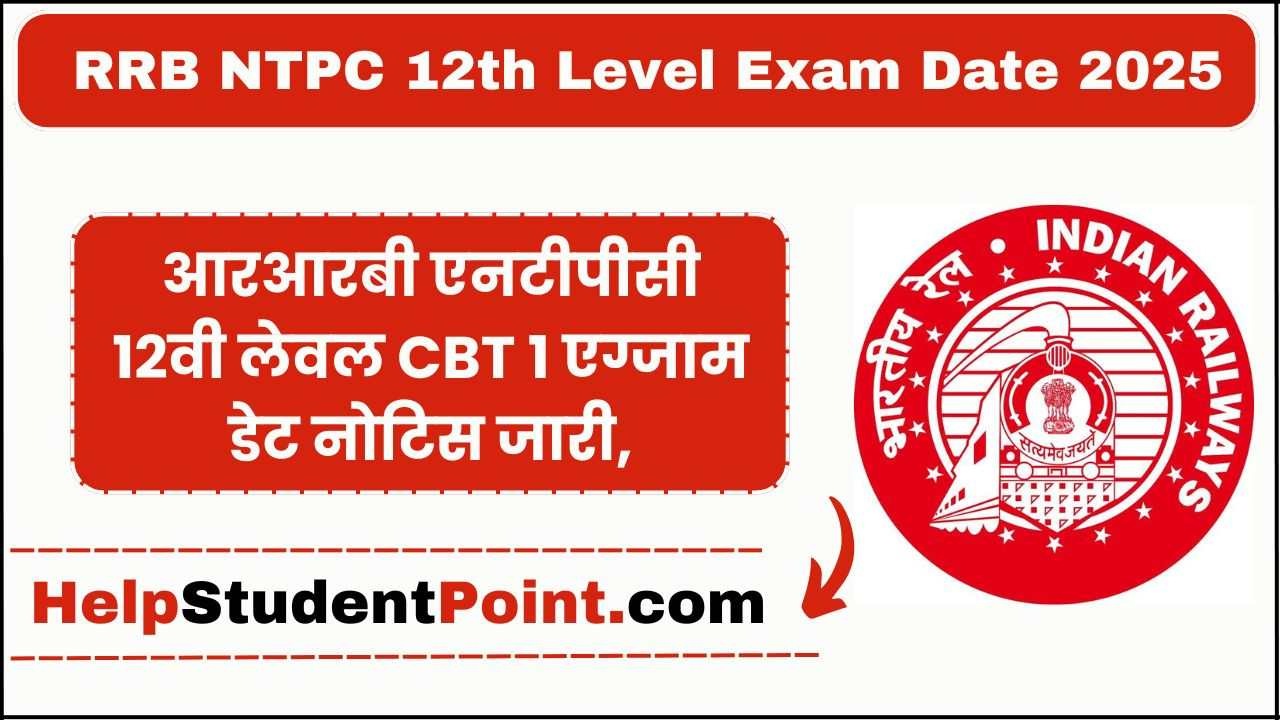|
Foundations of Psychology
- Introduction : Definition of Psychology; Historical antecedents of Psychology and trends
in the 21st centrury; Psychology and scientific methods; Psychology in relation to other social
sciences and natural sciences; Application of Psychology to societal problems.
- Methods of Psychology : Types of research : Descriptive, evaluative, diagnostic and
prognostic; Methods of Research : Survey, observation, case-study and experiments;
Characteristics of experimental design and non-experimental designs; quasi-experimental designs;
Focussed group discussions, brain storming, grounded theory approach.
- Research methods : Major steps in psychological research (problem statement,
hypothesis formulation, research design, sampling, tools of data collection, analysis and
interpretation and report writing); Fundamental versus applied research; Methods of data
collection (interview, observation, questionnaire and case study). Research Designs (Ex-post facto
and experimental). Application of statistical techniques (t-test, two-way ANOVA, correlation and
regression and factor analysis) item response theory.
- Development of Human Behaviour : Growth and development; Principles of
development, Role of genetic and environmental factors in determining human behaviour;
Influence of cultural factors in socialization; Life span development—Characteristics, development
tasks, promoting psychological well-being across major stages of the life span.
- Sensation, Attention and Perception : Sensation: concepts of threshold, absolute and
difference thresholds, signal-detection and vigilance; Factors influencing attention including set
and characteristics of stimulus; Definition and concept of perception, biological factors in
perception; Perceptual organization-influence of past experiences, perceptual defence-factor
influencing space and depth perception, size estimation and perceptual readiness; The plasticity of
perception; Extrasensory perception; Culture and perception, Subliminal perception.
- Learning : Concepts and theories of learning (Behaviourists, Gestaltalist and Information
processing models). The processes of extinction, discrimination and generalisation. Programmed
learning, probability learning, self instructional learning, concepts, types and the schedules of
reinforcement, escape, avoidance and punishment, modelling and social learning.
- Memory : Encoding and remembering; Shot-term memory, Long-term memory, Sensory
memory, Iconic memory, Echoic memory: The Multistore model, levels of processing; Organization
and Mnemonic techniques to improve memory; Theories of forgetting: decay, interference and
retrieval failure: Metamemory; Amnesia: Anterograde and retrograde.
- Thinking and Problem Solving : Piaget’s theory of cognitive development; Concept
formation processes; Information processing, Reasoning and problem solving, Facilitating and
hindering factors in problem solving, Methods of problem solving: Creative thinking and fostering
creativity; Factors influencing decision making and judgement; Recent trends.
- Motivation and Emotion : Psychological and physiological basis of motivation and
emotion; Measurement of motivation and emotion; Effects of motivation and emotion on
behaviour; Extrinsic and intrinsic motivation; Factors influencing intrinsic motivation; Emotional
competence and the related issues.
- Intelligence and Aptitude : Concept of intelligence and aptitude, Nature and theories
of intelligence-Spearman, Thurstone, Gulford Vernon, Sternberg and J.P. Das; Emotional
Intelligence, Social intelligence, measurement of intelligence and aptitudes, concept of I Q
deviation I Q, constancy of I Q; Measurement of multiple intelligence; Fluid intelligence and
crystallized intelligence.
- Personality : Definition and concept of personality; Theories of personality
(psychoanalytical, socio-cultural, interpersonal, developmental, humanistic, behaviouristic, trait
and type approaches); Measurement of personality (projective tests, pencil-paper test); The Indian
approach to personality; Training for personality development; Latest approaches like big 5 factor
theory; The notion of self in different traditions.
- Attitudes, Values and Interests : Definitions of attitudes, values and interests;
Components of attitudes; Formation and maintenance of attitudes. Measurement of attitudes,
values and interests. Theories of attitude changes, strategies for fostering values. Formation of
stereotypes and prejudices; Changing other’s behaviour, Theories of attribution; Recent trends.
- Language and Communication : Human language—Properties, structure and
linguistic hierarchy, Language acquisition—predispotion, critical period hypothesis; Theories of
Language development—Skinner and Chomsky; Process and types of communication—effective
commu-nication training.
- Issues and Perspectives in Modern Contemporary Psychology : Computer application
in the psychological laboratory and psychological testing; Artificial intelligence;
Psychocybernetics; Study of consciousnessleep-wak schedules; dreams, stimulus deprivation,
meditation, hypnotic/drug induced states; Extrasensory perception; Intersensory perception;
Simulation studies.
|




